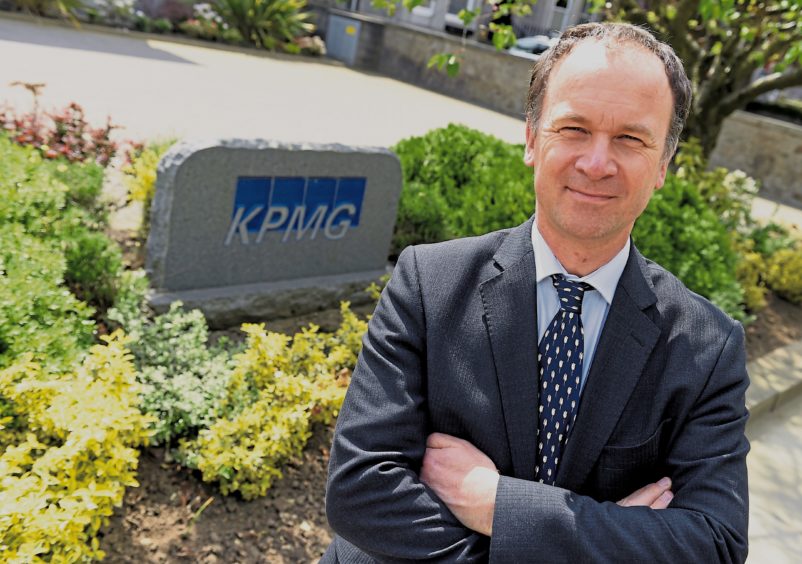
The deferral of a “deeply unpopular” reform with huge implications for North Sea industry is a welcome surprise for many businesses and contractors, tax experts said yesterday.
But employers who got their house in order in preparation for the changes to off-payroll working rules will be less pleased, they said.
RMT union regional organiser Jake Molloy said the coronavirus crisis had “dug the chancellor out of a hole” by giving him an excuse to put the reforms to IR35 rules on ice.
Mr Molloy urged the UK Government to rework and improve the legislation, which he described as unfair and discriminatory against workers. “Let’s hope that once we get over the (coronavirus) outbreak we can get sensible heads round the table and find a solution,” he added.
Scores of contractors were expected to quit the North Sea oil and gas sector amid fears they would be saddled with higher costs, while receiving none of the benefits of being a full-time employee.
IR35 rules were first implemented in 2000 to stop employees registering themselves as freelance contractors in order to pay less tax.
To improve compliance, the UK Government in 2017 made public sector organisations responsible for determining employment status.
That same responsibility was to be extended to every medium and large private sector business in the UK from early next month. Those plans were confirmed again in last week’s UK Budget.
But Steve Barclay, chief secretary to the Treasury, caused a stir late Tuesday when he unexpectedly announced this would be put on hold until April 6 2021.
Mr Barclay said: “This is a deferral in response to the ongoing spread of Covid-19 to help businesses and individuals.
“This is not a cancellation and the government remains committed to reintroducing this policy to ensure people working like employees but through their own limited company pay broadly the same tax as those employed directly.”
Martin Findlay, office senior partner, at professional services firm KPMG in Aberdeen, said most businesses would welcome the deferral of rules which had created uncertainty and would have raised industry costs.
Mr Findlay also said the delay would give the government an opportunity to be clearer in its guidance on how the rules apply. But businesses which have put a lot of effort into understanding the new rules will be much less happy than those that were lagging behind in their preparations, he added.
EY People Advisory partner John Chaplin said the delay sent a “difficult message” to employers that “planning in advance for tax changes is not always the safest method”.
Recommended for you

